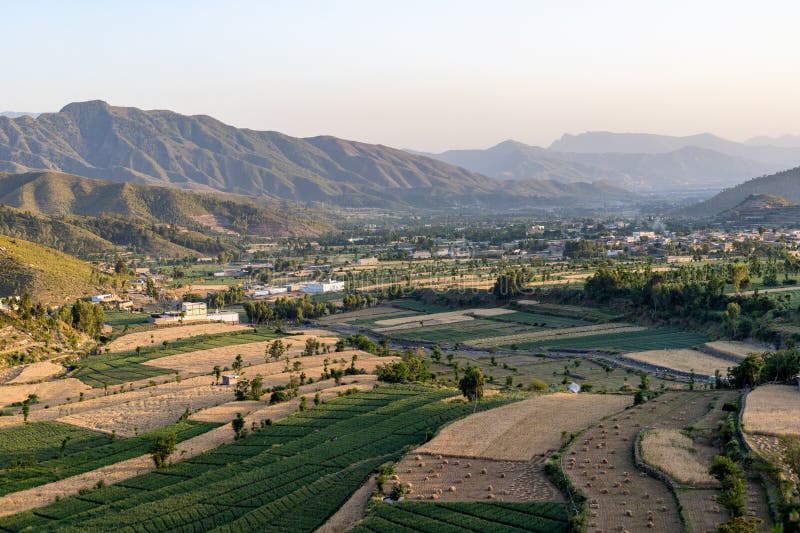PESHAWAR – The Khyber Pakhtunkhwa government has initiated work on a dedicated Mountain Agriculture Policy to transform farming in the province’s hilly and high-altitude regions.
Chief Minister Ali Amin Khan Gandapur has ordered the formulation of a Mountain Agriculture Policy, a first-of-its-kind initiative designed specifically for the province’s hilly and high-altitude regions.
The goal?
To unlock the hidden agricultural potential of the mountains and bring life back to lands long left behind. A formal letter from the Chief Minister’s Secretariat directs the Agriculture Department to prepare the policy draft within 45 days. This document will draw from a detailed concept paper that maps out the challenges and possibilities in areas where soil is tough, climate unpredictable, but the will to grow never faded.
Read More:
Decline of Sugarcane and Beet in Khyber Pakhtunkhwa
KP agricultural income tax bill introduced, regulatory force planned for law enforcement
Tale of Wilting Palms: How the Date Palm Plantation in Peshawar Cost millions
The proposed Mountain Agriculture Policy goes beyond sowing seeds — it aims to build a self-reliant rural economy. It focuses on mountain-specific crops, livestock, fisheries, and climate-resilient practices. But more importantly, it sets a vision where local communities — especially women — are central to agricultural growth.
Plans include reviving dormant village cooperatives, launching soil and water conservation projects, and forming community seed banks to protect indigenous varieties. The government also intends to recruit 50 new agricultural extension workers to deliver modern techniques and guidance directly to remote farms.
A dedicated Mountain Agriculture Development Board will oversee the implementation, backed by a monitoring system to track impact. From value chain support to localised marketing strategies, the policy aims to connect isolated growers with thriving markets.
If executed right, this policy won’t just grow crops — it will grow confidence, income, and dignity across the highlands of Khyber Pakhtunkhwa.












